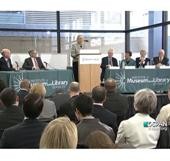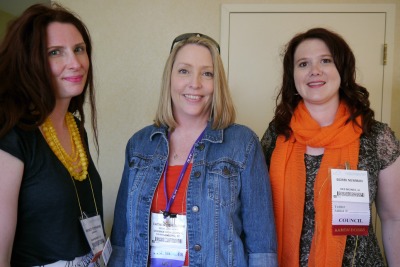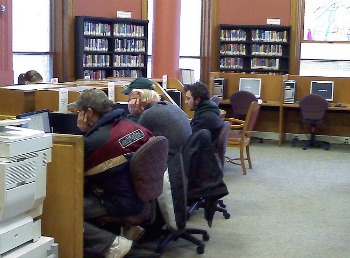
In a significant victory for supporters of Net Neutrality, the Federal Communications Commission (FCC) today reclassified broadband Internet as a public utility, and established a new Open Internet Order that applies to both fixed and mobile broadband. The new Open Internet Order includes three “bright line” rules, specifically banning broadband providers from blocking access to legal content, applications, and services; impairing access to content, applications, and services; and prioritizing Internet traffic in exchange for “consideration of any kind.”




